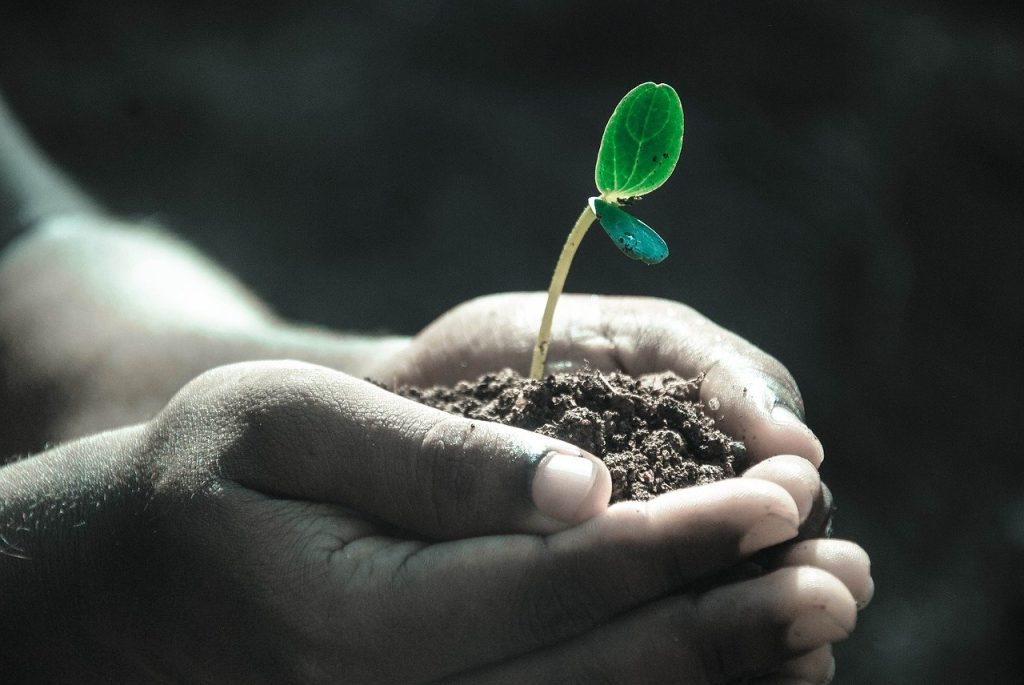In the previous article we mentioned agroecology as part of the philosophical trend of Ecofeminism and in this article we will go deeper into this topic. Do you want to know what it is?
Defining agroecology
Agroecology is a science, “a set of ideas that, based on the ancestral knowledge of the peasants, considers agriculture as an integral part of an ecosystem” (Miguel Altieri).
It should not be confused with organic agriculture, which is actually agroecology put into practice, through agricultural and livestock farming techniques characterized by the non-use of synthetic chemical products.
Agroecology has biological diversification as its main basis and, starting from it, it is possible to restore and strengthen the ecological and social resilience of production systems.

Principles of agroecology
By knowing some of the key aspects of agroecology, we can understand a little better what it is all about.
FAO explains, through 10 elements, what agroecology consists of:
- Diversity: Fundamental in agroecological transitions to ensure food security and nutrition while conserving, protecting and enhancing natural resources.
- Co-creation and knowledge sharing: Agricultural innovations respond better to local challenges when they are co-created through participatory processes.
- Synergies: Creating joint actions enhances the main functions of food systems, which favors production and multiple ecosystem services.
- Efficiency: Innovative agroecological practices produce more using fewer external resources.
- Recycling: recycling more means agricultural production with lower economic and environmental costs.
- Resilience: Enhancing the resilience of people, communities and ecosystems is key to achieving sustainable food and agricultural systems.
- Human and social values: Protecting and improving livelihoods, equity and social welfare is paramount to creating these sustainable food and agricultural systems.
- Food culture and traditions: By supporting healthy, diversified and culturally appropriate diets, agroecology contributes to food security and nutrition while maintaining healthy ecosystems.
- Responsible governance: Achieving sustainable food and agriculture requires the adoption of responsible and effective governance mechanisms at different scales, from local to national to global ones.
- Circular and supportive economy: Reconnecting producers and consumers, they offer innovative solutions to live within the limits of our planet and, at the same time, strengthen the social foundations for inclusive and sustainable development.
Referrals
One of the main theorists of agroecology has been the Chilean researcher Miguel Altieri.
Other outstanding names are Susanna B. Hetch and Alicia H. Puleo (Ecofeminismo). Hetch or Alicia H. Puleo (Ecofeminism).
If you want to know more, here are two book titles to satisfy your thirst for knowledge:
- Agroecología y producción ecológica, de Antonio Bello, Concepción Jordá y Julio César Tello. Editorial: La Catarata
- Agroecología, de Peter Rosset y Miguel Altieri. Editorial: Icaria.





